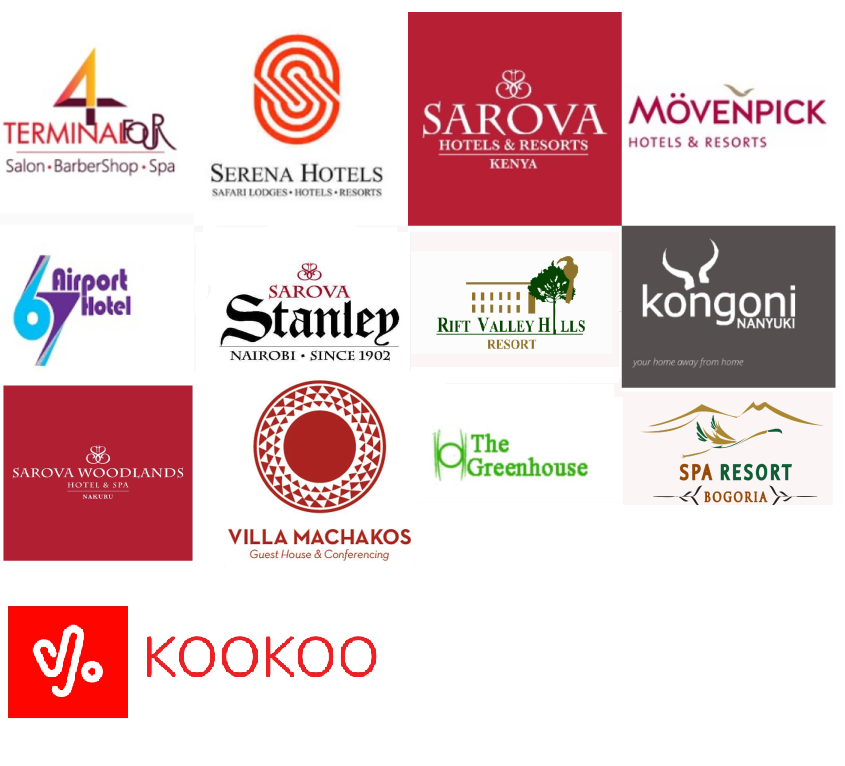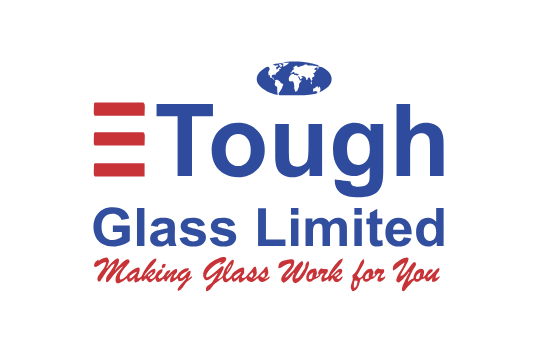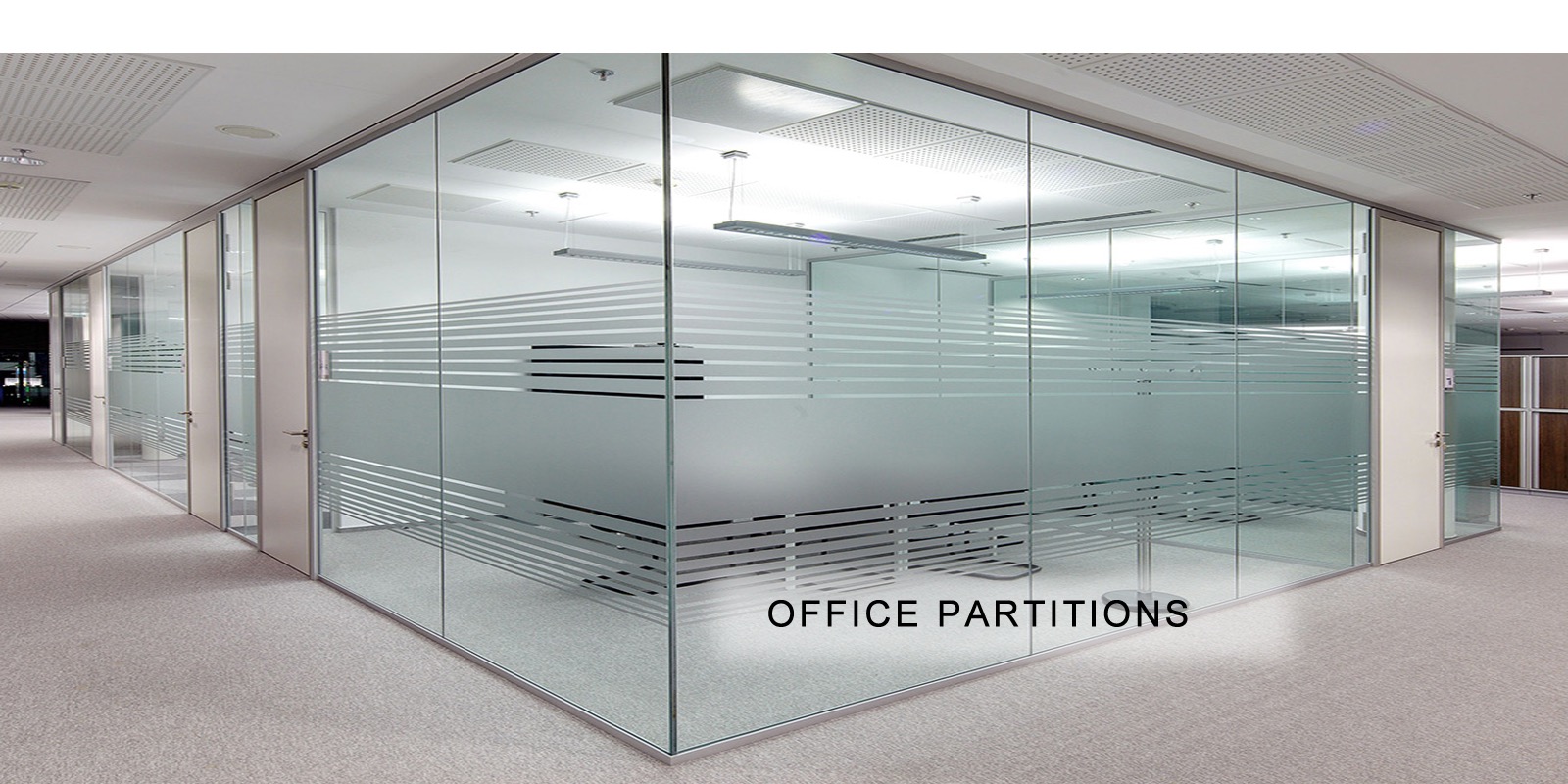
In Nairobi’s booming real estate sector, high-rise towers and premium commercial projects are redefining the skyline. Yet, a significant risk lurks behind the elegance of glass façades: uncertified glass installers Nairobi. Developers who cut corners or fail to perform due diligence often lose millions in rework, delays, and compliance penalties. This guide explains how architectural glass Nairobi, glass façade solutions in Nairobi, and building glass standards Kenya intersect with investor expectations, and offers actionable steps to vet the right installation teams for long-term value.
Contact Info
Golden Moon Star Building, Ground Floor Junction of Kilimani rd & Ndemi rd Kilimani
+254 722 724 893
The Hidden Costs of Using Uncertified Teams
Projects that hire unverified installers frequently encounter:
- Poorly aligned curtain walls leading to water leakage and structural stress.
- Cracked or tempered glass failures due to improper handling.
- Non-compliance with building glass standards Kenya, affecting ESG certification and insurance coverage.
- Costly delays in high-traffic areas like Westlands, Upper Hill, and Kilimani.
For example, a commercial tower in Upper Hill suffered a Ksh 12 million loss due to a façade collapse traced to non-certified installation. Such incidents illustrate that glass façade solutions Nairobi require professional expertise, not just labor.
Due Diligence: How to Vet Glass Installers in Nairobi

1. Certification and Licensing
Ensure the team holds valid Kenya construction permits and is accredited by local professional bodies. Certifications in architectural glass Nairobi installation demonstrate adherence to building glass standards Kenya.
2. Track Record and References
Request portfolios of high-rise and commercial projects. Verify client testimonials for work in areas like Two Rivers, Westlands, and Kilimani. Developers who check references are far less likely to encounter hidden costs.
3. Safety Protocols
A proper installer provides a detailed safety plan for scaffolding, hoisting, and tempered or laminated glass handling. This reduces accidents and aligns with ESG requirements in modern projects.
4. Material Handling Expertise
Certified teams understand how to work with low-emissivity glass Nairobi, curtain wall systems Nairobi, and energy-efficient glass Kenya, preserving structural integrity and operational efficiency.
Financial Impact: Why Cutting Corners Doesn’t Pay
| Cost Category | Uncertified Installer | Certified Installer | Difference |
|---|---|---|---|
| Rework & Repairs | High | Minimal | Up to 20–30% savings |
| Project Delays | 2–6 months | 0–1 month | Significant schedule advantage |
| Insurance Premiums | Higher risk rating | Standard rate | Reduced liability costs |
| Energy Efficiency Compliance | May fail ESG standards | Meets ESG & green certifications | Improved investor confidence |
Investors increasingly scrutinize glass façade solutions in Nairobi. Failure to meet compliance can affect project valuation and financing options.
How Tough Glass Kenya Helps Developers Avoid These Risks

At Tough Glass Kenya, we specialize in certified architectural glass Nairobi and glass façade solutions Nairobi, ensuring high-rise and commercial projects meet all technical, safety, and compliance standards. Our team:
- Handles energy-efficient glass Nairobi installations.
- Ensures full adherence to building glass standards Kenya.
- Provides end-to-end project management from procurement to commissioning.
By partnering with certified professionals, developers protect investments, reduce risk, and deliver world-class façades that enhance Nairobi’s skyline.
The true cost of hiring uncertified glass installers Nairobi goes far beyond upfront savings. From structural failures to ESG non-compliance, every corner cut can escalate into millions lost. By carefully vetting installers, prioritizing architectural glass Nairobi, and relying on proven teams like Tough Glass Kenya, developers safeguard their projects, tenants, and reputations. Nairobi’s real estate market rewards diligence — make your façade investment count.




















